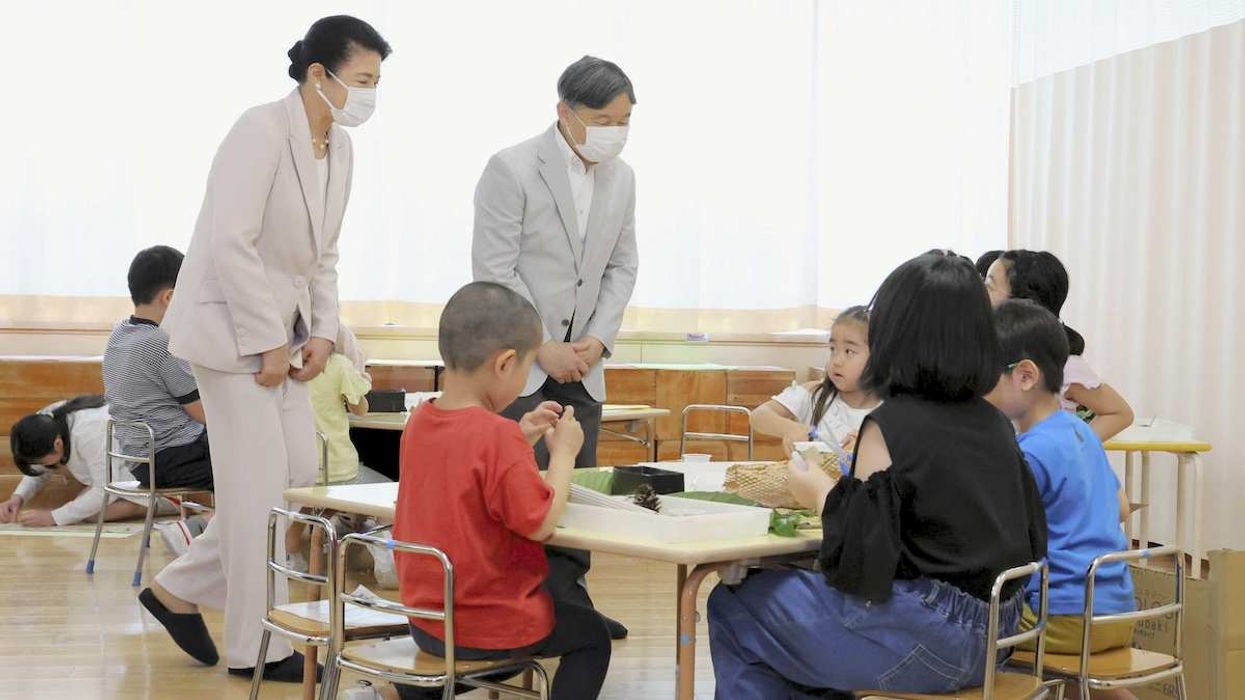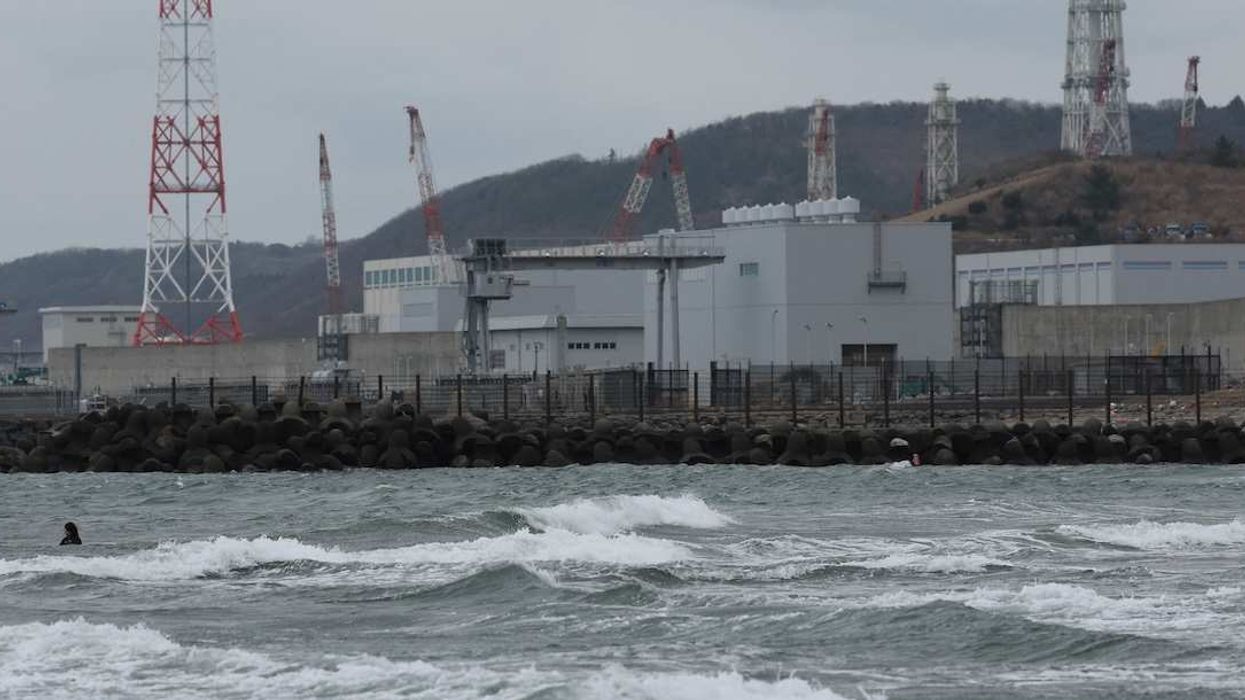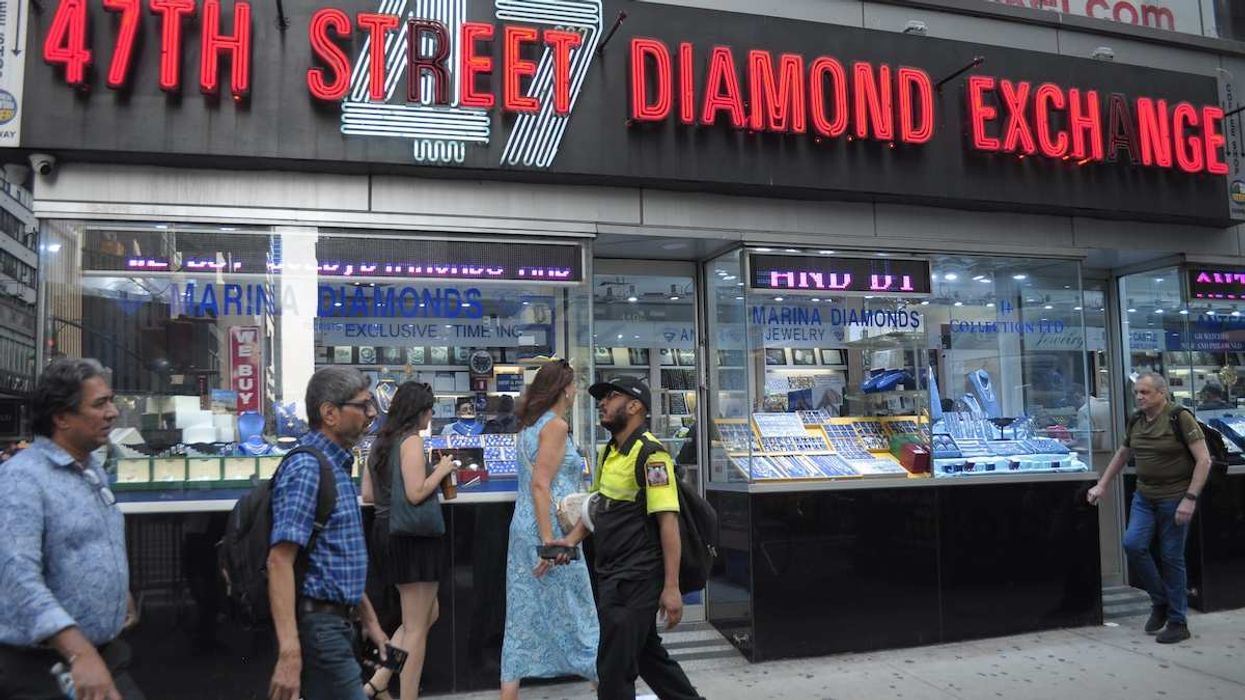As Western nations adopt increasingly hardline stances on migration, Rwanda has positioned itself to capitalize on these concerns by offering to accept deportees in exchange for payment.
In 2022, then-UK Prime Minister Boris Johnson struck a $385 million deal with Rwanda to house and process thousands of asylum-seekers. The controversial plan ultimately cost British taxpayers an estimated $949 million before it was scrapped in 2024 by Prime Minister Keir Starmer, following two years of legal challenges and widespread criticism over Rwanda’s status as an unsafe destination for migrants. The UK received no refund.
Now, with the Trump administration intensifying its crackdown on migration, Rwanda is exploring a similar arrangement with the United States. The potential deal comes as the White House faces mounting scrutiny for a series of hardline measures, including the high-profile deportation of 238 immigrants to a maximum-security prison in El Salvador, proposals to reopen Alcatraz and Guantanamo Bay as detention sites, and even offering migrants $1,000 to voluntarily leave the country.
But for Rwanda, there’s more to gain than just money. These talks are unfolding as the US increasingly takes on the role of power broker in the simmering conflict between Rwanda and its neighbor, the Democratic Republic of Congo. Over the past year, Rwanda has backed the M23 rebel group, helping it seize control of vast territories in the DRC’s mineral-rich eastern provinces — home to an estimated $20 trillion in untapped natural resources.
The United Nations has labeled M23 a proxy force for Rwanda, accusing the group of being led by Rwandan officers and armed by the Rwandan military. President Paul Kagame has repeatedly denied any support for M23. Yet, according to numerous intelligence analysts, diplomats, researchers, and humanitarian workers, the presence of thousands of Rwandan troops in Goma and elsewhere in eastern Congo leaves little doubt about Rwanda’s role.
M23’s gains have included the capture of key mining hubs, giving the group control over significant reserves of gold, cobalt, and coltan – a mineral critical to the production of smartphones, medical devices, and explosives.
The US is now weighing a critical minerals agreement with the DRC, under which American companies would gain access to Congolese mines in exchange for helping secure the region against rebel forces. Washington has a strong incentive to expand its footprint in the DRC to counter China’s growing dominance: Chinese firms already hold a major share of mining contracts in the country, and the DRC produces roughly 70% of the world’s cobalt – a vital component of electric vehicle batteries. The world’s largest cobalt mine, located in DRC, is operated by a Chinese company.
As the US and other international actors broker peace talks between M23 and Rwanda, both sides are maneuvering for leverage. While the DRC courts American support by offering access to critical minerals, Rwanda may be betting that a migration deal with Washington could bolster its standing in the region.



















